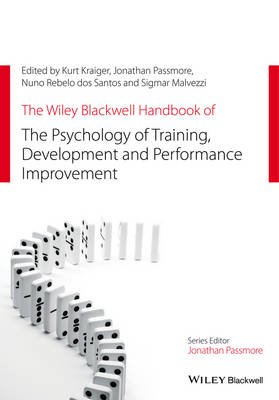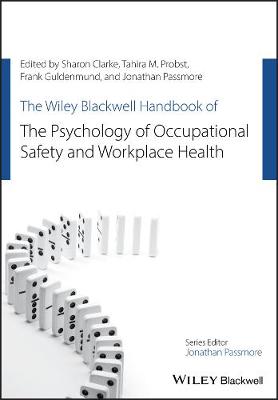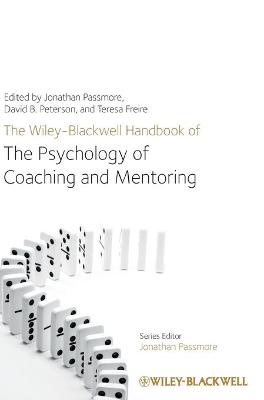Wiley-Blackwell Handbooks in Organizational Psychology
5 total works
The Wiley Blackwell Handbook of the Psychology of Training, Development, and Performance Improvement
by Kurt Kraiger, Jonathan Passmore, Nuno Rebelo dos Santos, and Sigmar Malvezzi
Development, and Performance Improvement provides up-to-date,
contemporary information for researchers and professionals by
reviewing the latest literature and research in the interconnected
fields of training, development, and performance appraisal.
It brings a psychological perspective to bear on a
multi-disciplinary field that links to management, human
resources, and education. Unique to reference works in this area,
it maintains a truly global focus on the field with top
international contributors looking at research and practice from
around the world, including South America, Europe, Canada, and
Australia, as well as the United States and the United
Kingdom. The chapters cover a diverse range of important
contemporary topics, such as needs analysis, job design, active
learning, self-regulation, simulation approaches, 360-degree
feedback, and virtual learning environments. Together, they offer
researchers and professionals essential information for building a
talented organization, a critical and challenging task for
organizational success in the 21st century.
The Wiley Blackwell Handbook of the Psychology of Team Working and Collaborative Processes
by Eduardo Salas, Ramon Rico, and Jonathan Passmore
A state-of-the-art psychological perspective on team working and collaborative organizational processes This handbook makes a unique contribution to organizational psychology and HRM by providing comprehensive international coverage of the contemporary field of team working and collaborative organizational processes. It provides critical reviews of key topics related to teams including design, diversity, leadership, trust processes and performance measurement, drawing on the work of leading thinkers including Linda Argote, Neal Ashkanasy, Robert Kraut, Floor Rink and Daan van Knippenberg.
The Wiley Blackwell Handbook of the Psychology of Occupational Safety and Workplace Health
by Sharon Clarke, Tahira M. Probst, Frank W. Guldenmund, and Jonathan Passmore
The Wiley-Blackwell Handbook of the Psychology of Coaching and Mentoring
by Jonathan Passmore, David Peterson, and Teresa Freire
A state-of-the-art reference, drawing on key contemporary research to provide an in-depth, international, and competencies-based approach to the psychology of coaching and mentoring.
- Puts cutting-edge evidence at the fingertips of organizational psychology practitioners who need it most, but who do not always have the time or resources to keep up with scholarly research
- Thematic chapters cover theoretical models, efficacy, ethics, training, the influence of emerging fields such as neuroscience and mindfulness, virtual coaching and mentoring and more
- Contributors include Anthony Grant, David Clutterbuck, Susan David, Robert Garvey, Stephen Palmer, Reinhard Stelter, Robert Lee, David Lane, Tatiana Bachkirova and Carol Kauffman
- With a Foreword by Sir John Whitmore




